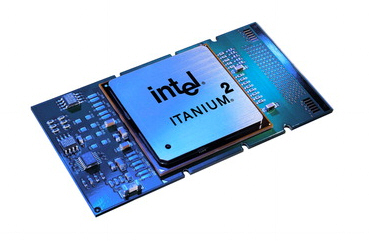Editor Mar 15 Update: There are a number of mixed platform architectures that are supported for Release 12 today, although certification of additional platforms is still pending. More details added below.
Editor Update: It turns out that our official nomenclature for these types of configurations has evolved between releases. In Release 11i, these were called “split configurations.” In Release 12, these are now called “mixed platform architectures.”
Here’s a quick update for those of you who might be interested in “mixed platform architectures,” where the E-Business Suite’s database and application servers are deployed on different operating system platforms.

R12 Fully Certified Platforms
As of March 15, 2007, the following are the fully certified platforms (application and database tiers) for the E-Business Suite Release 12. See Oracle Certify for exact versions and platforms certified with E-Business Suite:
- HP-UX Itanium
- HP-UX PA-RISC
- IBM AIX
- Linux x86 and x86-64 (32-bit OS)
- Linux x86-64 (64-bit OS)
- Microsoft Windows Server 2003
- Sun Solaris Operating System (SPARC)
Not Certified Yet… For Use on the Database Tier Only
Certifications for the following additional platforms are underway for the database tier only:
- IBM System z Linux
- Linux Itanium
- Microsoft Windows Server 2003 x64
- Microsoft Windows Server 2003 Itanium
The certifications of the four database tier only platforms are underway now, and are expected to be released in conjunction with the R12 certification for the 10.2.0.3 Database. Firm schedules aren’t available yet, but feel free to monitor or subscribe to this site for updates, which I’ll post as soon as they’re available.
Still Confused?
Don’t worry — you’re not the only one. As you can infer from the changes to this article, we’ve been working through the nomenclature around these mixed platform architectures ourselves. If you’re still struggling to get a handle on this, either log a Service Request or contact your Oracle account manager to get some help with your specific target platform architecture.
Related
